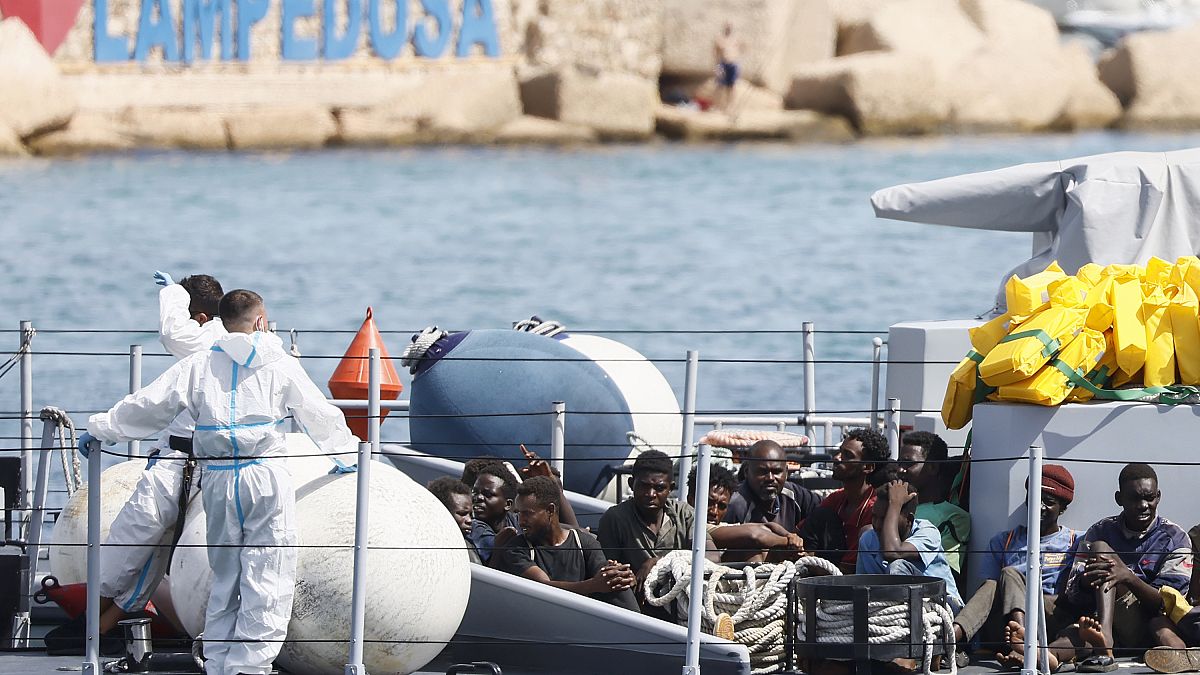Catalan, Galician and Basque becoming official EU languages was debated by ministers on Tuesday.
Spanish politics played out in full in Brussels this week.
In order to get the support of Catalan pro-independence parties for another term in office, acting Spanish Prime Minister Pedro Sanchez tried to enlist his EU colleagues.
His request: add Catalan, Galician and Basque to the list of the 24 official languages of the European Union.
But EU governments refused to come to Sanchez’s immediate rescue.
Instead, they kicked the can down the road, asking for more legal, financial and administrative details of such a consequential move, as the Finnish Minister for European Affairs, Anders Adlercreutz, explained - but in Catalan.
"We must defend the linguistic diversity of the European Union, but we must also know the consequences of our decisions. It’s too early to make a decision today," he said on Tuesday.
The approval of Catalan as an official language would entail the translation of all EU documents, from treaties to press releases, and the permanent availability of interpreters in the institutions – people who could translate Catalan into other EU languages.
Migration back in the spotlight
Needless to say, EU governments – except Spain – believe that there are more urgent things to deal with right now.
Like the migration crisis. That issue moved to the front burner again this summer, when the European Commission struck a controversial deal with Tunisia that is designed to keep migrants at bay – for money, of course.
A week ago, the Italian island of Lampedusa - closer to Tunisia than to Italy - saw thousands of migrants reaching the island on makeshift boats within a few days.
Since then, the migration issue has gained new emergency.
“The situation is really dramatic," Antonio Tajani, the Italian Foreign Minister said.
"In 2050 there will be 2.5-3 billion Africans. If we do not act now on the causes that provoke immigration, including climate change, we risk having a displacement of millions and millions of people and there is no wall that can stop it."
